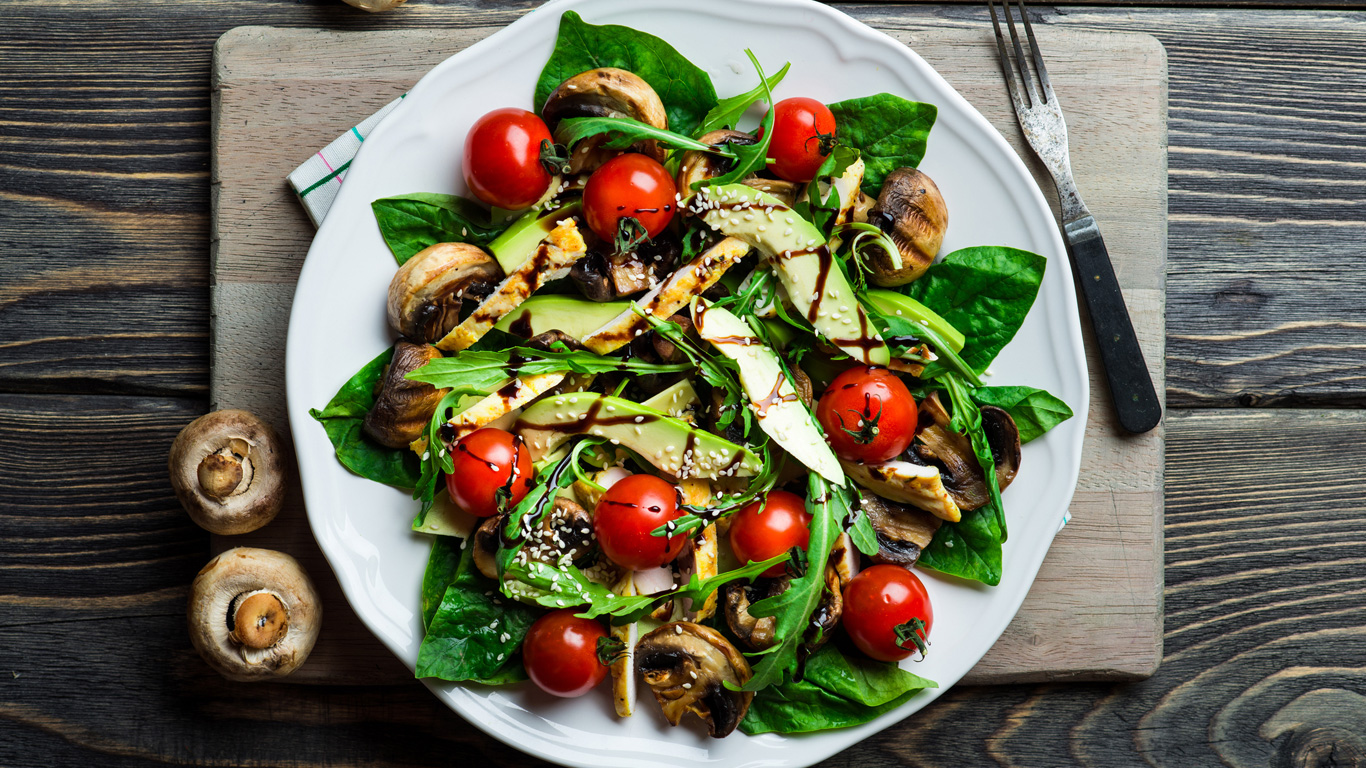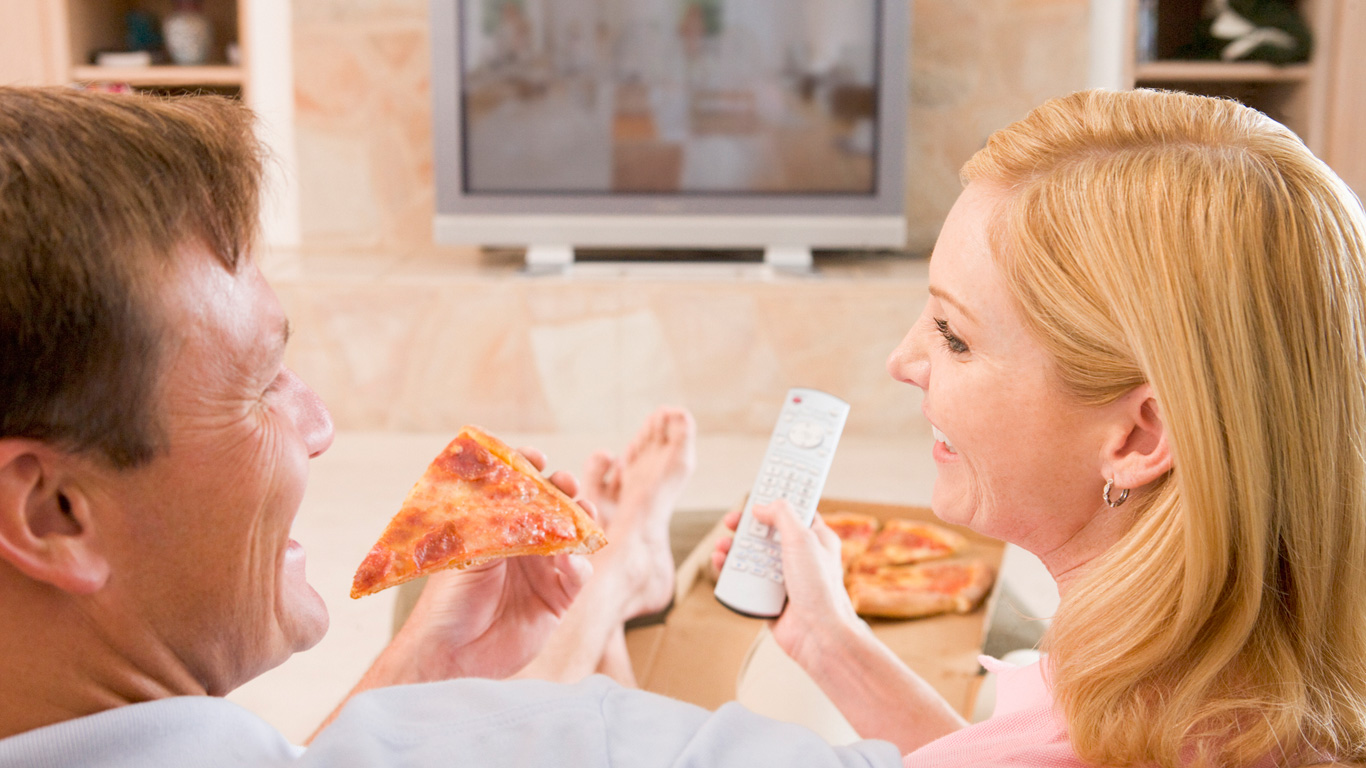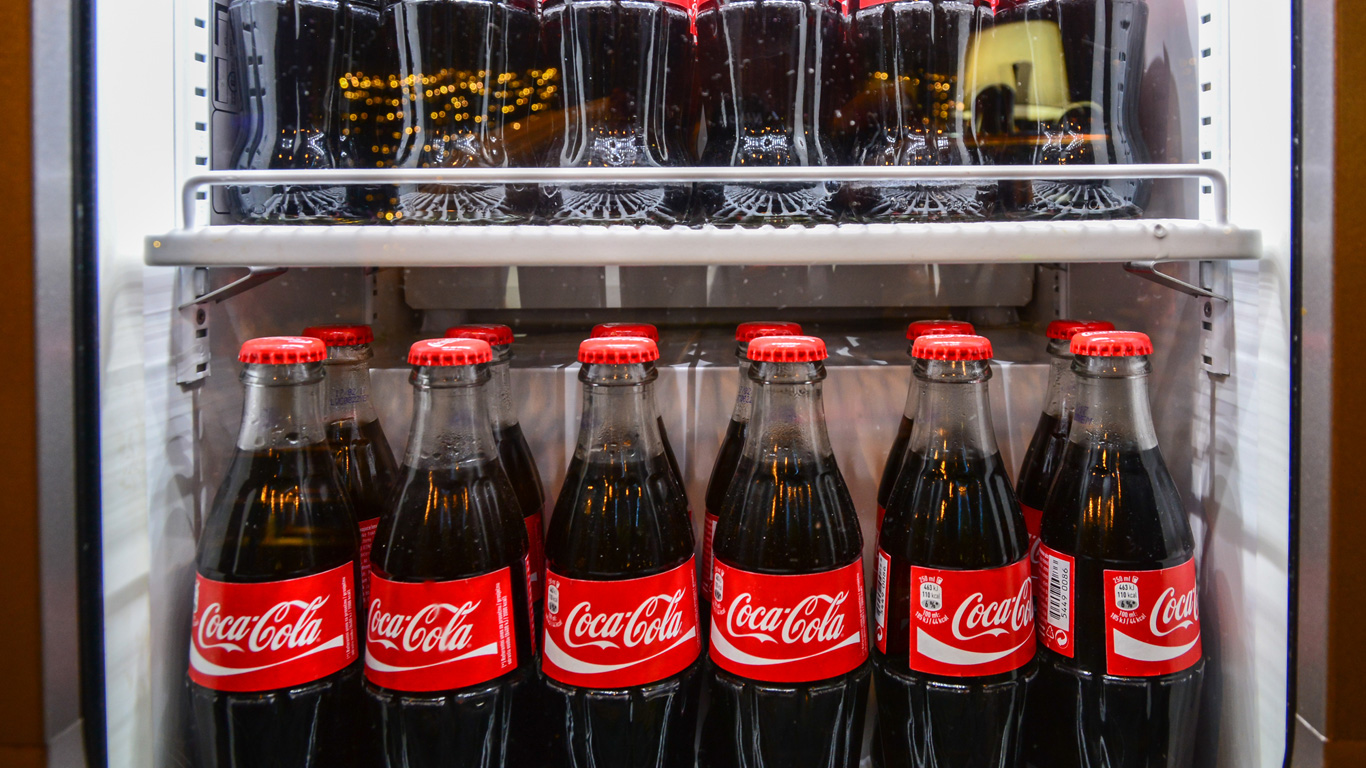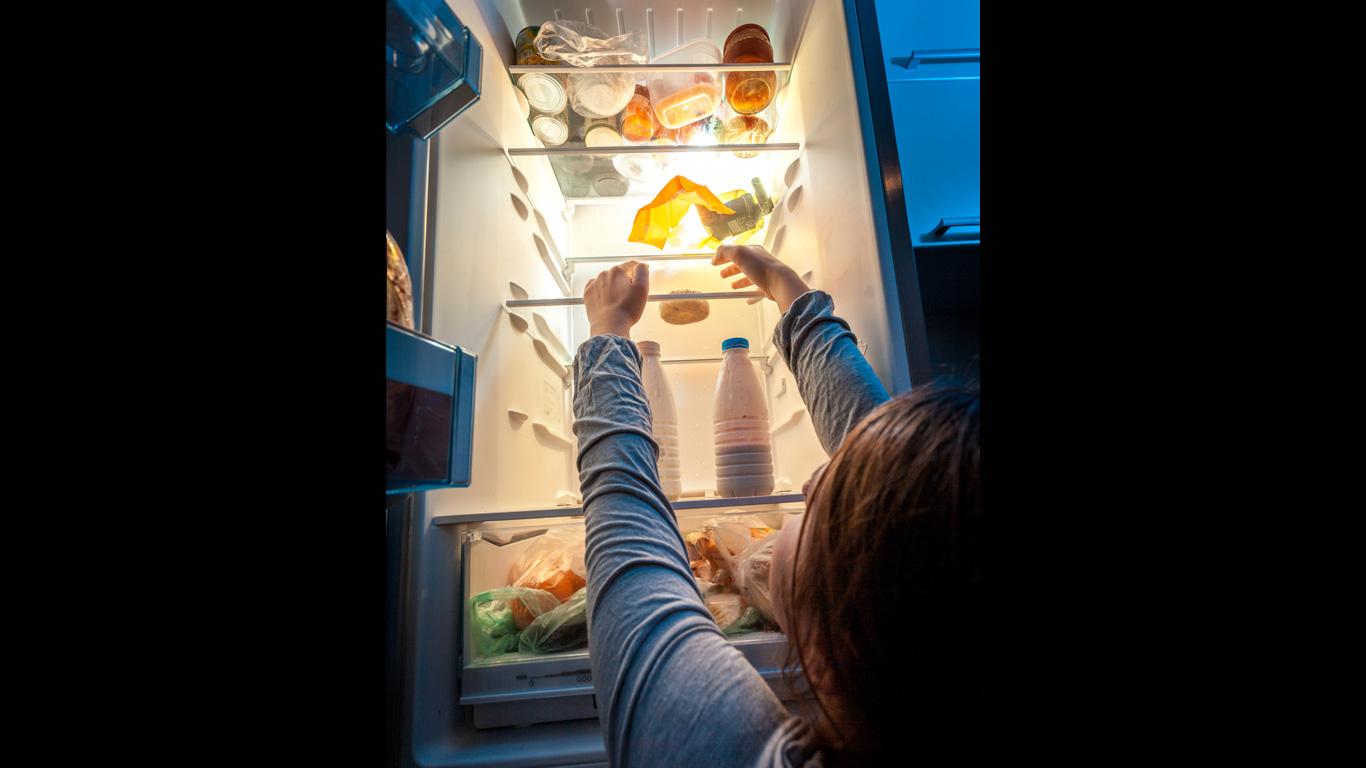
The psychology of eating: what really makes us gain weight
Dieser Beitrag ist auch verfügbar auf:
Deutsch
A careful look – that’s all Brian Wansink needs. His trained eye can detect in a fraction of a second where invisible fattening foods are lurking in our homes or in the office canteen.
The astonishing thing is that psychologists are not at all interested in what we eat or how much. A quick inspection of the premises is enough for him to be able to tell who will weigh more kilos at the end of the evening and who has eaten the right amount. But how can this work?
“It is easier to change our environment than to rewire our brain”
After more than 25 years of research and hundreds of studies, the 56-year-old behavioral psychologist from Cornell University in New York State has discovered secret psychological factors that he believes play a crucial role in the development of obesity – but are still underestimated. “We make 250 food decisions every day,” Wansink calculates.
Dangers lurk everywhere
His realization: Even the most intelligent, disciplined calorie-counting dieter can be manipulated by his environment just as easily as the rest of us. But you don’t have to accept this: the latest research proves that just a few small changes are enough to avoid falling into these traps.
Brian Wansink has put together some tips that we can use to turn the tables and trick our psyche into losing weight instead of gaining weight. His most important advice: “You shouldn’t listen to your stomach to see if you’re full – it can lie.”

Servieren Sie vor der Hauptmahlzeit Salat oder Gemüse.

Platzieren Sie das Essen eher auf dem Herd oder der Arbeitsplatte anstatt auf dem Tisch!

Sitzen Sie beim Essen am Tisch, ohne dabei fernzusehen.

Sie sollten nie mehr als zwei Dosen Limonade gleichzeitig in Ihrem Kühlschrank lagern.

Die Küchenarbeitsfläche sollte stets sauber sein und die Utensilien ordentlich angeordnet.

Schneiden Sie im Voraus Obst- und Gemüsehäppchen und legen sie diese gut sichtbar ins mittlere Kühlschrankfach!

Bewahren Sie mindestens sechs Portionen proteinhaltige Lebensmittel im Kühlschrank auf - z.B. Eier, Joghurt, Tofu etc.

Legen Sie Ihre Snacks und Süßigkeiten in einen umständlich zu erreichenden Küchenschrank!